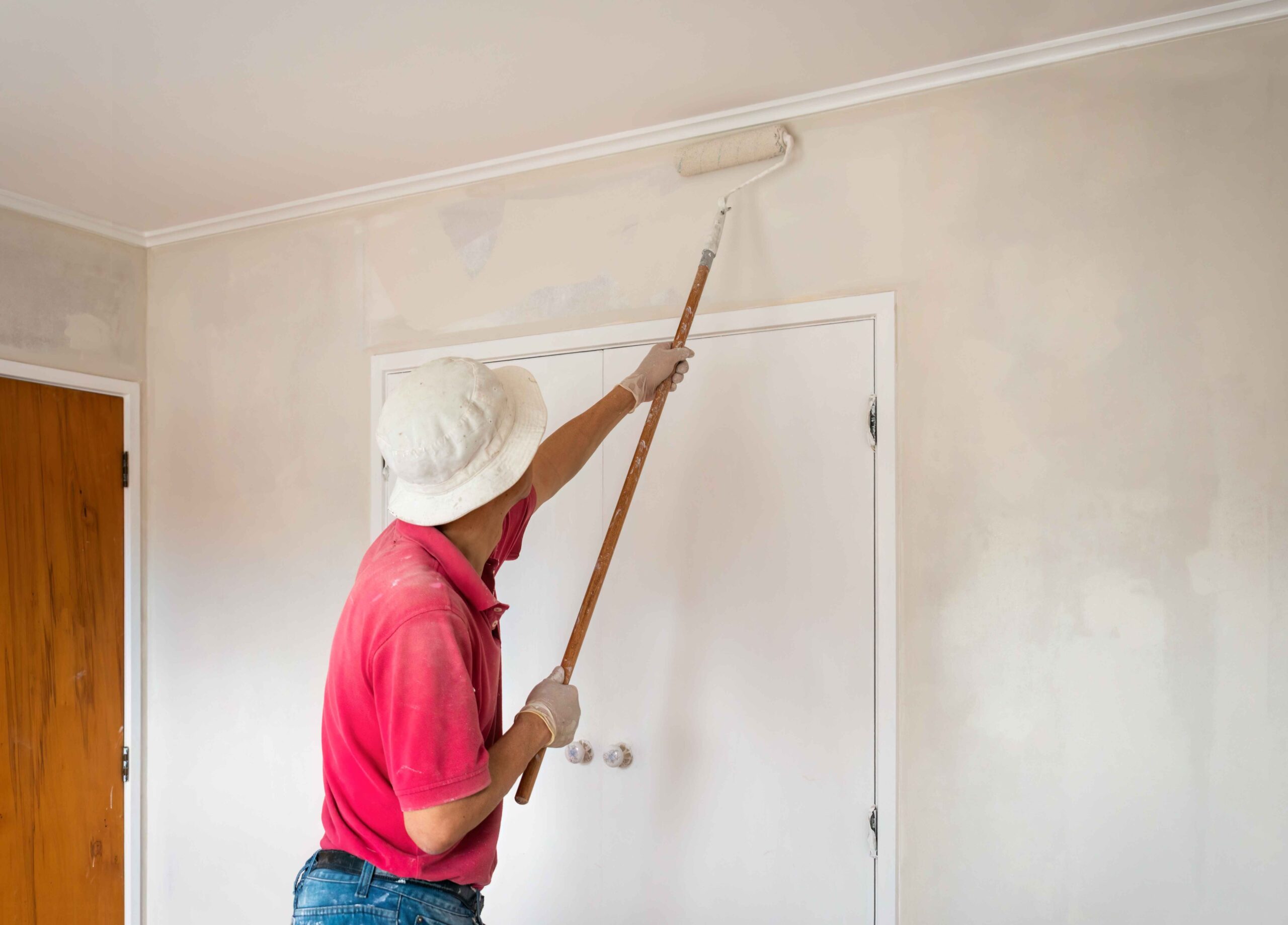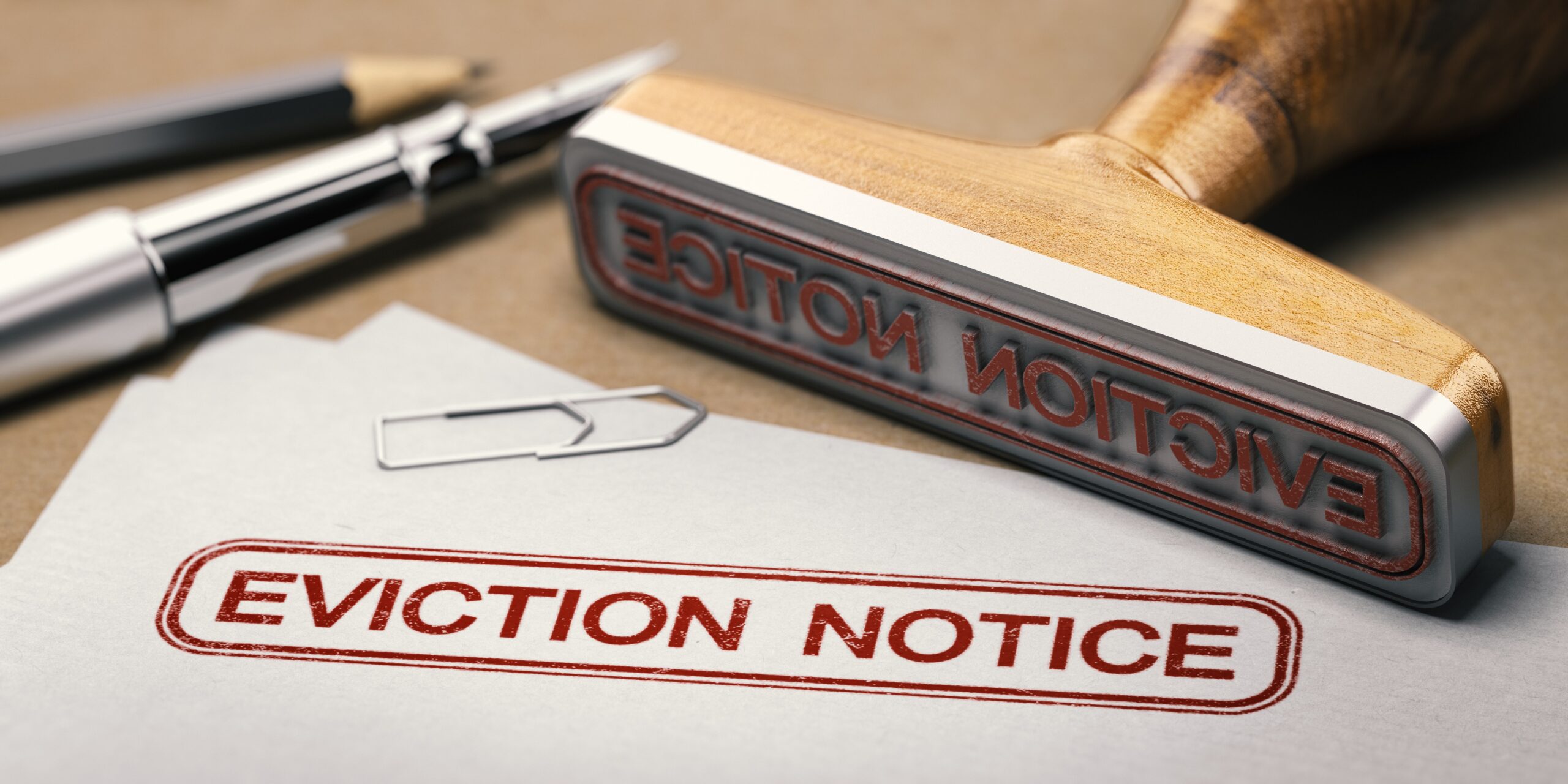
Common landlord mistakes (and how to avoid them)
Owning an investment property can be rewarding, but let’s face it: being a landlord isn’t always smooth sailing. While managing a rental might seem straightforward, there are a few common mistakes that even seasoned landlords make—mistakes that can lead to financial losses, legal issues, or simply a lot of unnecessary stress. But don’t worry! We’re here to help you navigate those pitfalls so you can keep your investment running like a well-oiled machine.
Owning an investment property can be rewarding, but let’s face it: being a landlord isn’t always smooth sailing. While managing a rental might seem straightforward, there are a few common mistakes that even seasoned landlords make—mistakes that can lead to financial losses, legal issues, or simply a lot of unnecessary stress. But don’t worry! We’re here to help you navigate those pitfalls so you can keep your investment running like a well-oiled machine.
1. Neglecting proper tenant screening
Finding the right tenant is probably the single most important step in managing your rental. Yet, many landlords rush this process, leading to all sorts of headaches down the track. Skipping background checks or relying on a “gut feeling” can result in problematic tenants—ones who don’t pay rent on time, damage your property, or violate lease terms.
How to avoid it: Always conduct thorough background checks on potential tenants. This includes credit history, rental references, and employment verification. You might also want to check rental history to ensure they have a track record of paying rent on time and respecting properties.
Read more about finding the perfect tenants.
2. Not having a solid lease agreement
A handshake deal or a casual lease agreement might seem convenient, but when things go south, you’ll want something concrete in place. A poorly written lease (or worse, no lease at all) can leave you vulnerable to disputes and legal challenges.
How to avoid it: Make sure you have a comprehensive, legally sound lease agreement that covers all the essential aspects of the tenancy, including rent payments, maintenance responsibilities, property access, and rules around pets or subletting. Don’t forget to update the lease with any changes in law, and always ensure both parties have signed the agreement.
3. Setting the wrong rent price
One of the most common landlord mistakes is either overpricing or underpricing rent. Setting the rent too high can result in long vacancies, while setting it too low means you’re leaving money on the table—and potentially attracting tenants who may not value the property.
How to avoid it: Research the local rental market to understand what similar properties are charging. Consider factors like location, amenities, and the condition of your property. If in doubt, consult with a local property manager or use online tools to get a sense of fair market rent.
Read more about how to set the right rent price.

4. Failing to maintain the property
While it might be tempting to let maintenance slide, especially if the tenants aren’t complaining, failing to keep up with regular upkeep can lead to costly repairs and unhappy tenants. Plus, if neglected issues (like faulty wiring or a leaky roof) lead to injuries or further damage, you could find yourself facing legal consequences.
How to avoid it: Stay on top of property maintenance. Schedule regular inspections and address issues promptly. Not only will this keep your tenants happy and paying rent on time, but it also protects your investment by ensuring small problems don’t turn into big (and expensive) ones. Plus, keeping your property in good condition means it’ll remain attractive to future tenants.
Read more about your rights and responsibilities as a landlord.
5. Overlooking landlord insurance
Many landlords assume that regular homeowner’s insurance covers everything—but this isn’t the case. Landlord insurance is specifically designed for rental properties, covering things like loss of rental income, damage caused by tenants, and legal liability.
How to avoid it: Don’t skip out on landlord insurance. It’s a small price to pay for peace of mind, protecting you against unexpected events that could otherwise drain your finances. Make sure you choose a policy that’s tailored to your specific property and circumstances.
6. Being unaware of tenancy laws
Rental laws vary by state, and not knowing the ins and outs can lead to some serious (and costly) mistakes. Whether it’s improperly handling bond money, failing to give the right notice periods, or mishandling an eviction, being out of step with tenancy laws can land you in hot water with authorities.
How to avoid it: Make it a priority to stay informed about the latest tenancy laws in your area. This includes everything from bond regulations to eviction procedures. You may want to join a landlord association or consult with a property manager to ensure you’re compliant with the law.
7. Poor communication with tenants
A common mistake landlords make is not maintaining open lines of communication with their tenants. This can lead to misunderstandings, unresolved issues, and a strained landlord-tenant relationship. Unhappy tenants are less likely to renew their lease, which means you’ll face higher tenant turnover and the costs associated with finding new renters.
How to avoid it: Foster good communication with your tenants. Be responsive to their concerns and proactive about addressing any issues that arise. Regular check-ins (without being overbearing) can help maintain a positive relationship, making it more likely that tenants will take care of your property and stick around for longer.
8. Self-managing without enough time or experience
Managing a rental property sounds simple on the surface, but it can quickly become time-consuming—especially if you have multiple properties or a busy schedule. Between screening tenants, organising repairs, and keeping up with legal requirements, it’s easy to make costly mistakes if you’re not fully committed.
How to avoid it: If managing the property yourself feels overwhelming, consider hiring a property manager. While it does come with a fee, a good property manager can handle everything from tenant screening to maintenance, rent collection, and legal compliance—saving you time, stress, and potentially costly errors.
9. Being too lenient on rent payments
It’s natural to want to be understanding when a tenant is having financial difficulties, but being too lenient with late rent payments can set a dangerous precedent. If tenants know they can pay late without consequence, it could become a regular issue that impacts your cash flow.
How to avoid it: Set clear boundaries from the beginning. Your lease should outline late fees and the consequences of missed payments, and you should enforce these consistently.
10. Ignoring tenant turnover costs
Tenant turnover is one of the most expensive aspects of being a landlord. Costs include advertising, lost rent during vacancy, cleaning, and sometimes repairs after tenants move out. Ignoring these costs or failing to reduce turnover can seriously affect your bottom line.
How to avoid it: Aim to reduce tenant turnover by keeping good tenants happy. This means maintaining the property, addressing concerns promptly, and offering competitive rent. If you’ve got reliable tenants, consider renewing their lease before it expires to avoid the hassle and expense of finding new ones.
Mastering property management: Avoid the pitfalls
Managing an investment property comes with its challenges, but avoiding these common landlord mistakes will put you on the path to success. Whether it’s staying on top of tenant screening, maintaining the property, or keeping up with tenancy laws, a proactive approach can save you time, money, and stress in the long run. And remember, if you ever feel out of your depth, our experienced Perth property management team is always here to lend a helping hand!
Related Articles

Perth’s Best Sunday Markets

10 Tips on How to Improve Your Property Value


